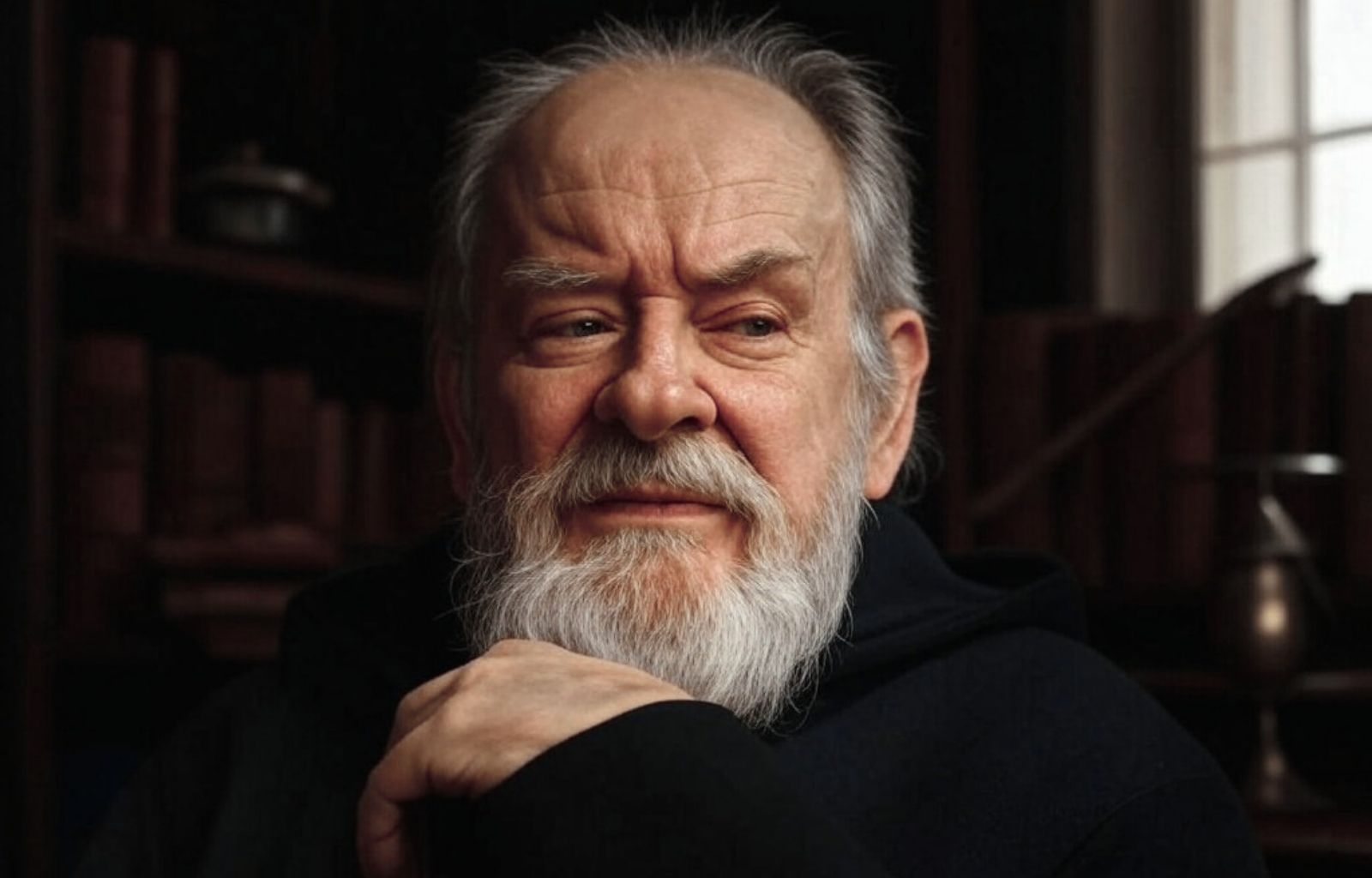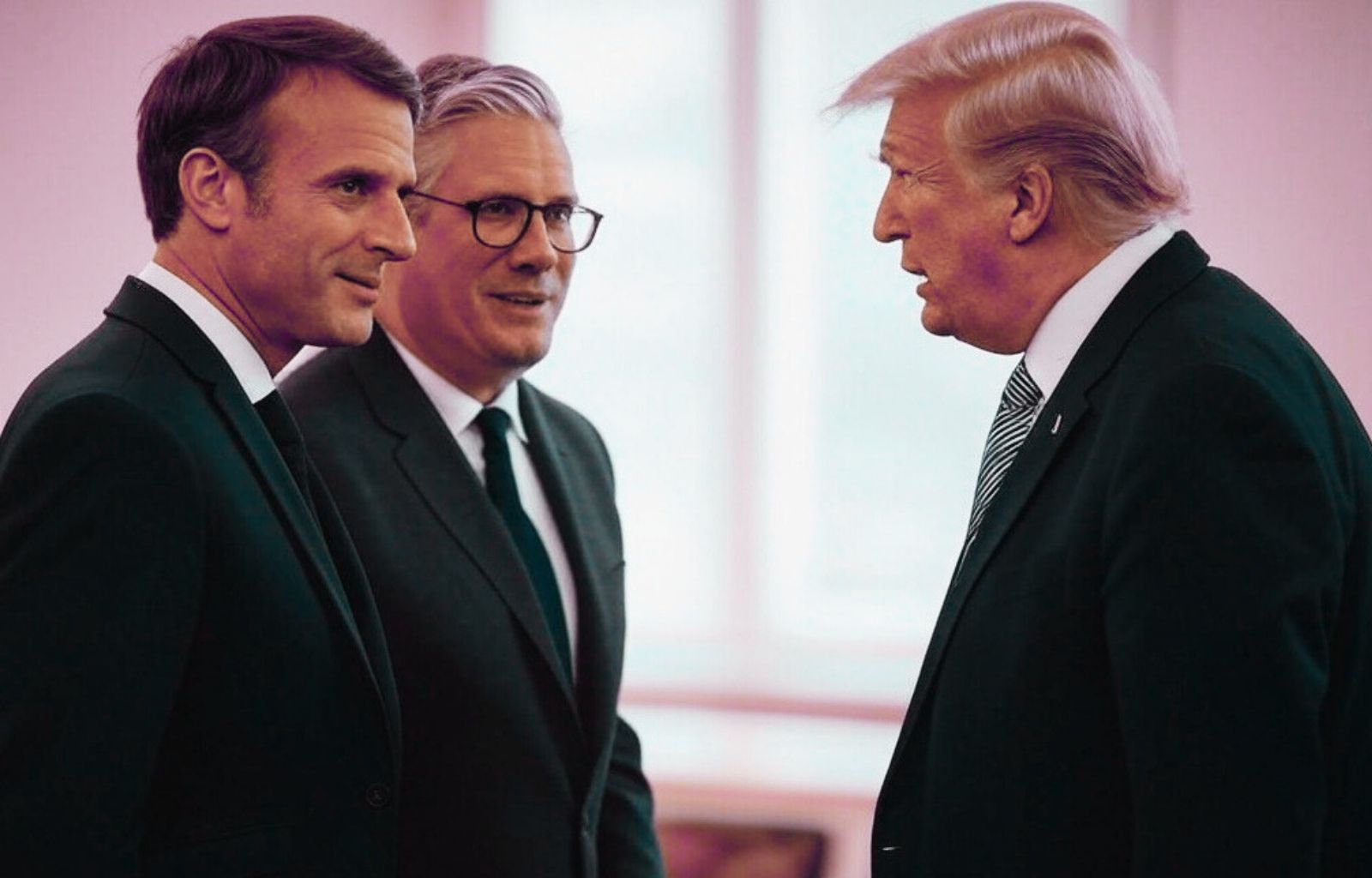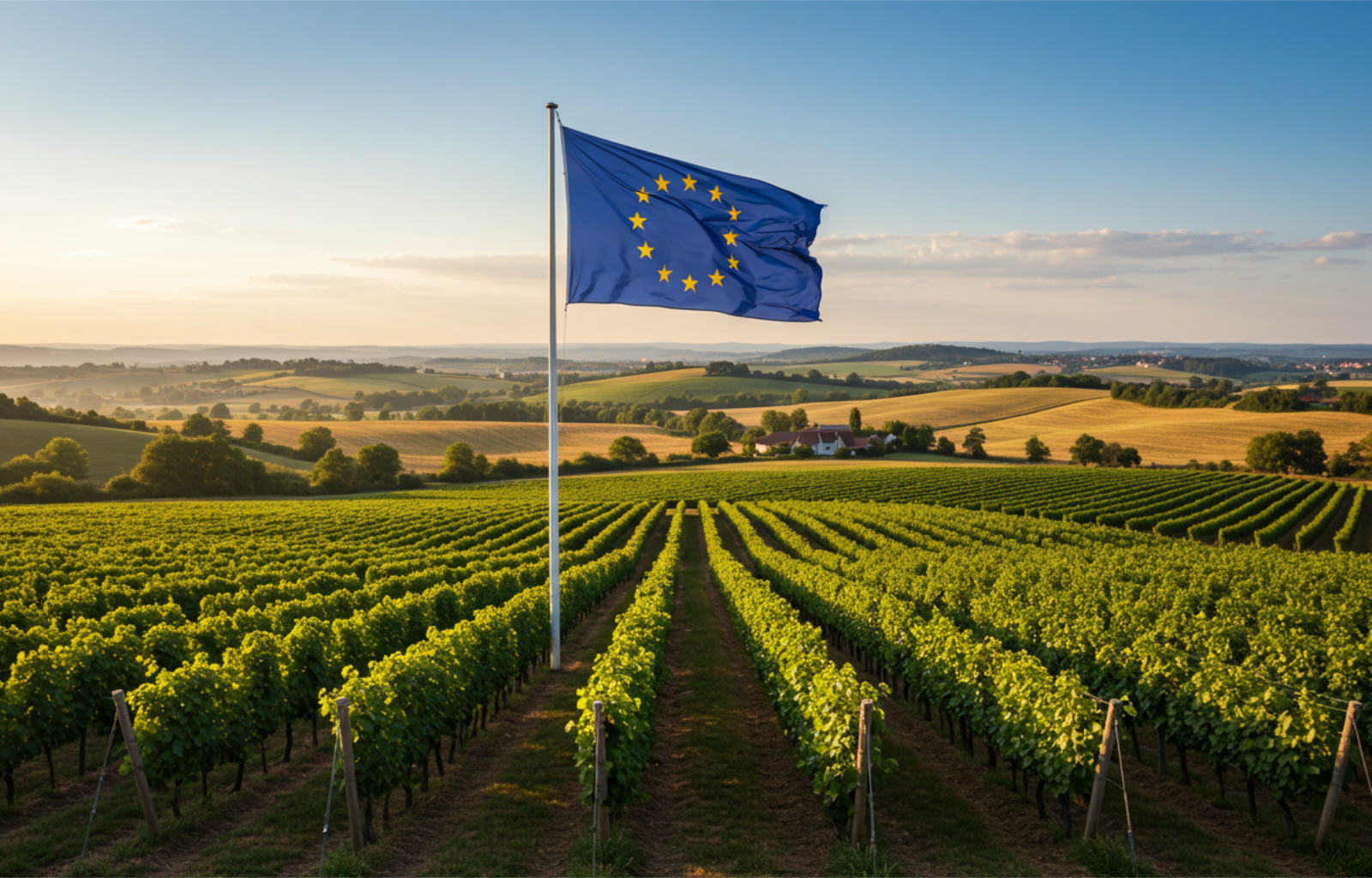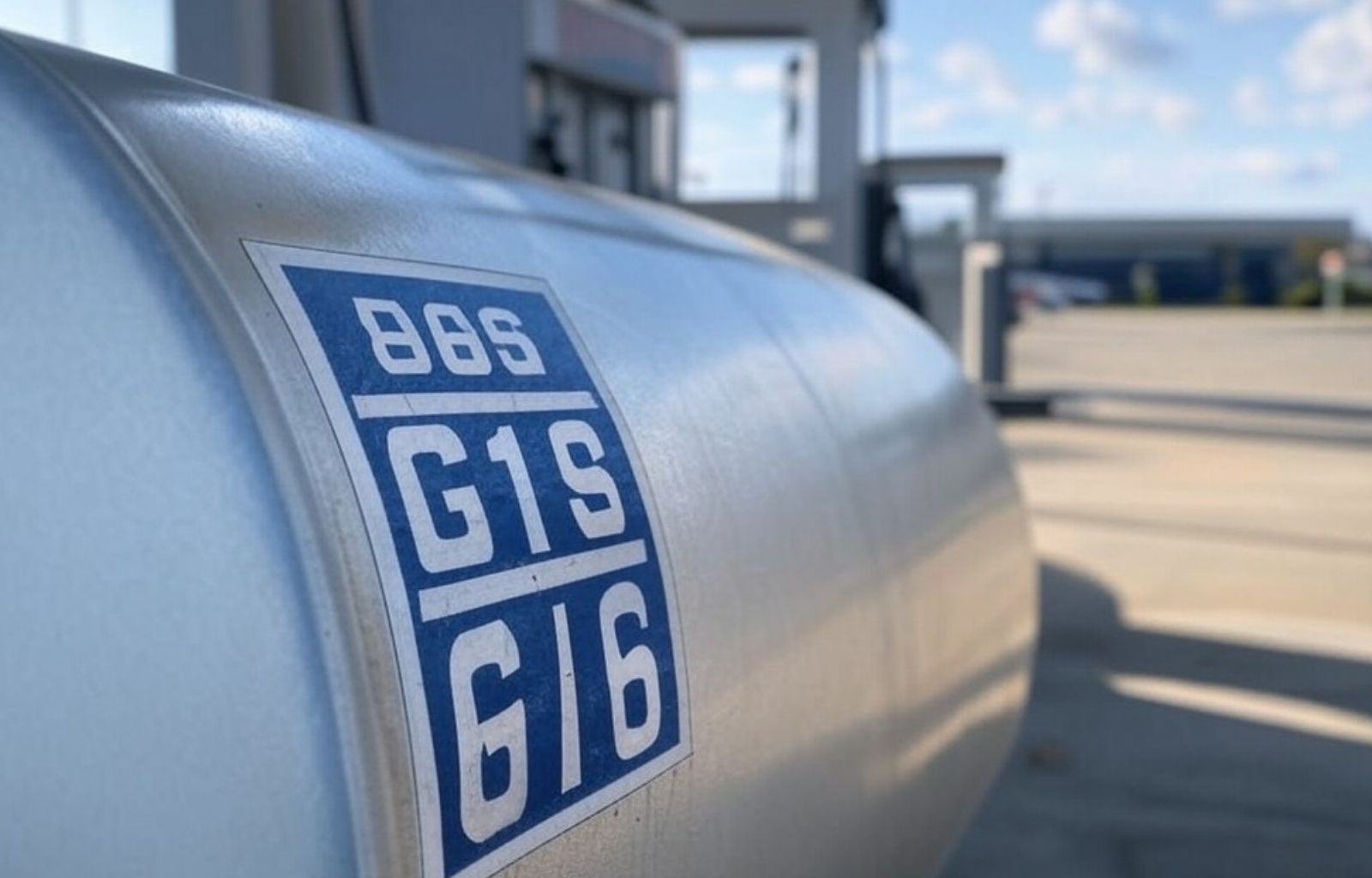Artificial intelligence: is Europe waking up?
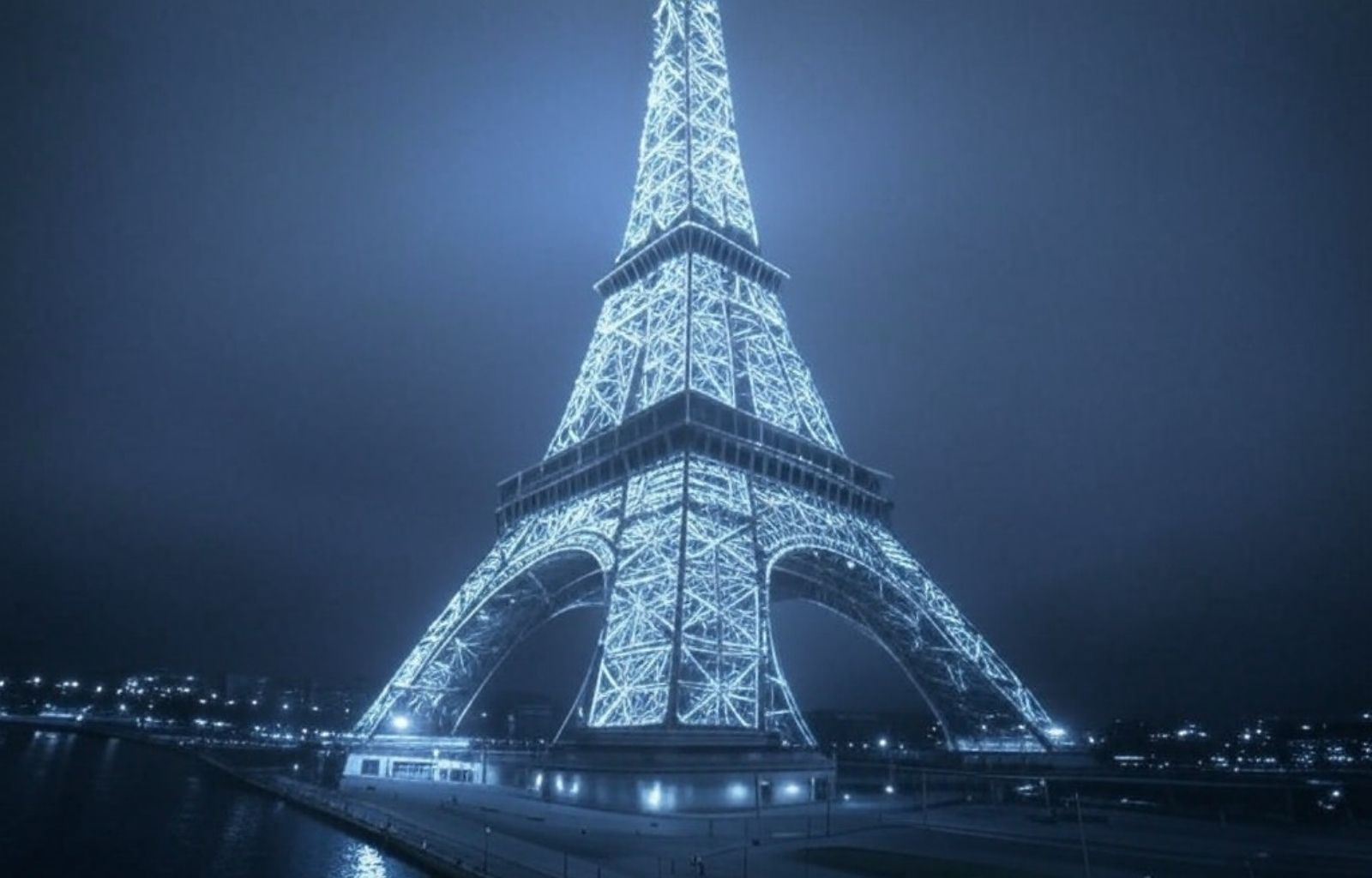
It is an awakening coming from Brussels and making itself felt as far as Paris: the European Union has announced the creation of a €20 billion EU fund to promote research and innovation in artificial intelligence. The goal, declared by European Commission President Ursula von der Leyen, is to mobilise up to €200 billion in investment and compete on equal terms with the United States and China. But let us go in order.
The new EU strategy
The European Commission has announced its intention to build four ‘giga-facilities‘ dedicated to AI, thanks to what, in the words of the EU executive, will become ‘the world’s largest public-private partnership’ in this sector. It is an ambitious project, which aims to make available to all companies – not just the largest – the computing power needed to push forward the frontier of innovation.
“We want Europe to be one of the leading continents in artificial intelligence,” von der Leyen said during a conference in Paris. “Too often we hear that Europe is lagging behind, but the race for artificial intelligence is only just beginning.”
Precise details on where the funds will come from have not yet been given, although the Commission itself has hinted at the involvement of the European Investment Bank (EIB), quoting its president, Nadia Calviño: ‘Together with the European Commission, the EIB Group is stepping up its support for artificial intelligence, a key factor for innovation and productivity in Europe.
The French plan
Against the backdrop of this injection of European capital, France is taking great strides to confirm itself as an AI hub, especially thanks to the presence of technology hubs in Paris, Sophie Antipolis, Marseille and Grenoble. President Emmanuel Macron, on the eve of the Sommet pour l’action sur l’AI, anticipated a massive private investment effort that will reach EUR 500 billion in four years, 100 billion of which will be in 2025. Speaking on television, Macron noted that, in proportion to the number of inhabitants, this commitment is comparable to the 500 billion announced in the United States by the Trump administration for ‘The Stargate Project‘.
In France, the public component will be contained due to budgetary constraints (the annual deficit already touches 5.4%). However, Macron is counting on several levers: the training of 100,000 people per year, financed with EUR 360 million; the intervention of Bpi France (an emanation of the Caisse des dépôts et consignations) with EUR 10 billion until 2029; large private companies, attracted by the low cost of French energy, abundant thanks to nuclear power plants. ‘Thanks to nuclear power, we have the most decarbonised energy in Europe,’ said the president, who claimed the sustainability of French data centres: ‘Data centres in France are not like those in the US, where oil and gas are used. They are clean data centres’.
Towards ‘simple’ regulation
One of the central issues, Macron reminds us, is regulation: ‘There is a risk that some people decide not to have any, but there is also the opposite danger: too much rigidity. We must not be afraid of innovation‘. An issue that the European Commission intends to address today, in Paris, with the announcement of the European AI strategy. ‘It is the awakening of the European strategy,’ Macron stressed, hoping to simplify authorisation procedures for research and clinical trials.
Behind this more agile approach lies a desire not to slow down the adoption of AI, but to keep an eye on the protection of copyright and human creativity. ‘Creativity remains human,’ the French president reiterated, calling on companies to ‘buy European‘ and, at the same time, to ‘run fast’ so as not to lose pace to other countries.
Private Investments
The excitement is palpable: several companies have already announced new projects or major capital injections, including an Arab Emirates-led consortium with USD 30-50 billion to create the largest data centre campus in Europe; the Canadian fund Brookfield, ready to invest USD 20 billion in Cambrai, Northern France; France’s Iliad, with a USD 3 billion plan; and Orange, Thales, Mistral IA, Amazon, Digital Reality, Prologis, Evroc, Equinix and Telehouse. Many details will be revealed at the upcoming Sommet Choose France 2025.
The new wind of European innovation
With renewed enthusiasm for his past positions, entrepreneur and analyst Ole Lehmann commented in an online post: ‘Everyone says Europe cannot compete with America in technology. But 48 hours ago, Mistral’s ‘Le Chat’ just proved otherwise: 13 times faster than ChatGPT, 100% open-source and completely free‘. And again: ‘Silicon Valley knows that European innovation is back. Mistral proves that we do not need unlimited funds or closed ecosystems, but pragmatism and strategy‘.
It is a Europe that, while aware of its own delays, wants to speed up and simplify. “We must go fast, faster and faster,” concluded Macron, evoking the example of the Notre Dame building site as a model of efficiency and speed. At stake is the future of competitiveness and economic growth of the Old Continent. After many years of mistrust and wavering, it is perhaps appropriate to say: the Europe of AI has indeed awoken.



